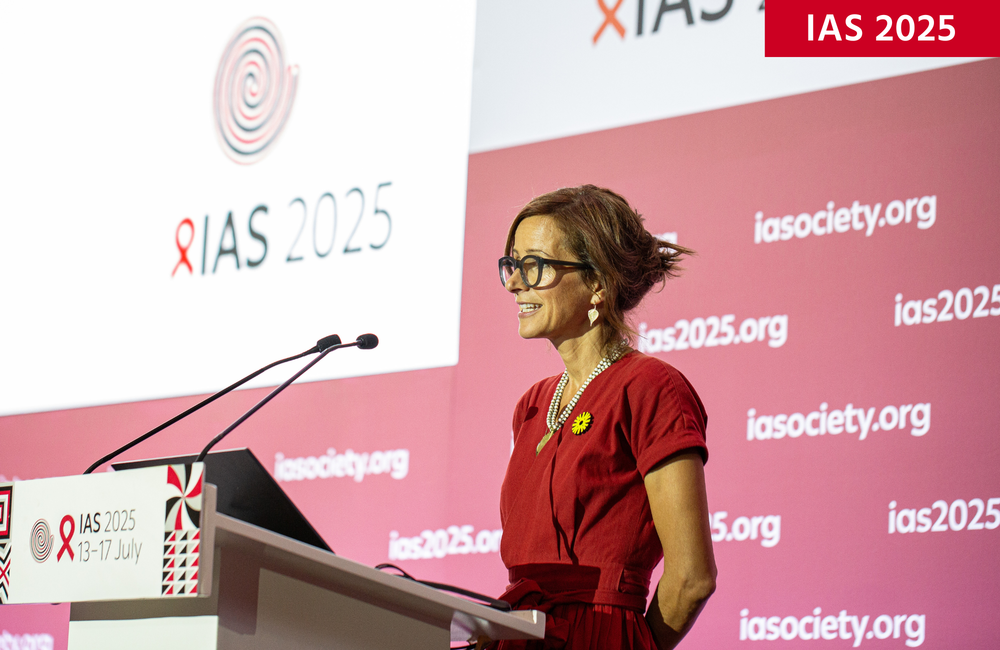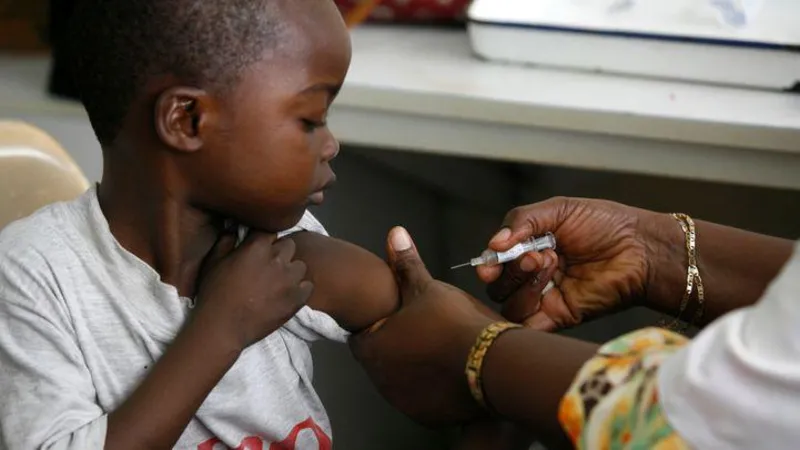A study by researchers at the London School of Hygiene and Tropical Medicine has found that long-acting injectable HIV treatment is as effective as daily oral therapy for adults in sub-Saharan Africa who struggle to take pills consistently.
Presenting the results at the 13th International AIDS Society Conference on HIV Science (IAS 2025) in Kigali, Dr Fiona Cresswell said: “Long-acting treatment has an important role to play in the management of people who struggle with daily pill-taking in Africa.”
The IMPALA study enrolled 540 participants across Kenya, Uganda, and South Africa, comparing injectable cabotegravir and rilpivirine (CAB/RPV) administered every two months with a standard dolutegravir-based oral regimen. At week 48, injectable treatment was found to be non-inferior, with 91% achieving viral suppression compared to 89% in the oral group. However, five people in the CAB/RPV arm experienced virologic failure, with resistance testing showing high-level resistance to cabotegravir in four cases.
Most participants preferred the injectable treatment, citing privacy and reduced stigma as key benefits. Dr Cresswell cautioned that “it may take time for these findings to influence treatment practice, particularly in low- and middle-income countries.” Dr Cissy Kityo of Uganda’s Joint Clinical Research Centre noted it could take at least two years before generic versions become available, while adding that combining two-monthly cabotegravir with six-monthly lenacapavir is a promising option requiring further trials.
The study also highlighted hepatitis B risks, as neither cabotegravir nor rilpivirine protects against HBV. Ten per cent of screened participants were excluded due to active hepatitis B or lack of immunity. One participant in the CAB/RPV arm acquired hepatitis B during follow-up, prompting calls for vaccination. Dr Ubaldo Bahemuka commented: “The risk of clinically significant hepatitis B reactivation is low, so the benefits of switching to CAB/RPV are likely to outweigh the risks.”
Meanwhile, data from the OPERA cohort in the United States showed that 85% of people with detectable viral loads who started CAB/RPV achieved viral suppression within six months, though some developed drug resistance. These findings underline both the promise and caution required in rolling out long-acting injectable HIV treatment for people with adherence challenges in Africa and globally.


